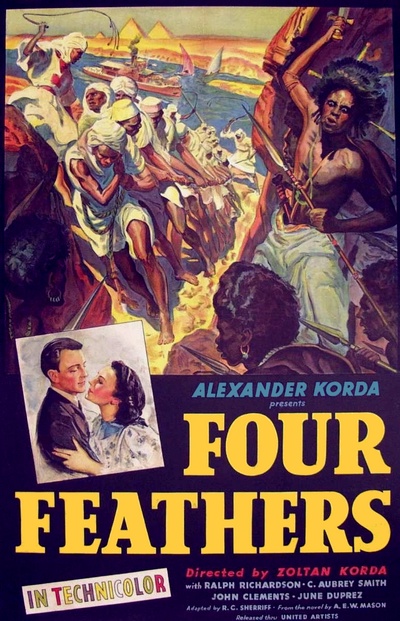My dear readers,
 The close of the year and the quiet pause afforded by Christmas break fittingly cause me to reflect on what has passed since I last posted here. Much as I had anticipated, once I left home in the heat of late summer and returned to Christendom College, my days were so full that I barely had time to catch my breath, let alone write anything. Just as I felt I was getting used to my hectic schedule and finally getting a handle on all of my various and sundry goals and responsibilities, it was half-way through December and I was packing up to go home.
The close of the year and the quiet pause afforded by Christmas break fittingly cause me to reflect on what has passed since I last posted here. Much as I had anticipated, once I left home in the heat of late summer and returned to Christendom College, my days were so full that I barely had time to catch my breath, let alone write anything. Just as I felt I was getting used to my hectic schedule and finally getting a handle on all of my various and sundry goals and responsibilities, it was half-way through December and I was packing up to go home. On the one hand, the time I spent immersed in the world of classes, work, choir, and friends at college went very fast—so much faster than freshman year. “What,” I cried in early September, “It’s time for the Italian Night dance already? I thought the semester just started!” And the rest of the semester passed in much the same way. Midterms? Halloween? Winter Formal Dance? Finals? Glory be, didn’t we just get here?
Yet, when I measure my days by all that happened between one milestone and the next, I realize how much time really has passed. My life has been full—full of beautiful things, of tough decisions, of new experiences and lessons learned.
There are a thousand things I could take away from this semester and relate here to share with all of you, but if I should choose just one thing, I think it would be this: that during this semester, the new and unexpected spectrum of experiences I have gone through have made me approach truths I’ve always known with a new perspective.
One little incident comes to mind as illustrative of this lesson. During a class on the Song of Songs, my theology professor was explaining some of the deep images in that unique canticle. “In this passage,” he said, “the Beloved is gazing into the eyes of her Lover and sees her image reflected there as in a mirror.” From the back of the classroom, a student piped up quizzically that such imagery did not strike her as very moving or even romantic. There was a little silence, and then my theology professor replied quietly, with a twinkle in his eye: “Try it sometime. Then we’ll see if you think differently."
This semester has brought me trials and challenges I knew about and understood in a peripheral fashion, but can comprehend in a different and more profound way once I have passed through them myself. It is one thing to write about how perfectionism is a fault; it’s another thing to fight a losing battle against it through papers, midterms, class readings, and finals and come out on the other side realizing my limitations. It is one thing to write about how to be open to God’s plan for one’s life; it is another thing entirely to figure out how to be open to it in my own life. It is an amazing thing to learn and discover (through an absolutely incredible philosophy class on Ethics) about what true friendship is; discerning how to put that truth into practice in the daily reality of living with one’s friends is another struggle altogether. It’s humbling—and wonderful—to discover what it is like to try and really live what I believe.
At the end of the semester, I have to admit that facing all these new challenges and experiences has made me realize, once again, the unfathomable debt of gratitude I owe to my Beloved. Everything he has placed in my path, while it may seem at the time like a stumbling block, is in fact a stepping stone to Him. He has not chosen to show me yet precisely where my life is going, and by that He is teaching me trust Him and not be afraid of the path ahead of me:
For I know the plans I have for you, says the LORD,
plans for welfare and not for evil,
to give you a future and a hope.
plans for welfare and not for evil,
to give you a future and a hope.
Then you will call upon me and come and pray to me,and I will hear you.
You will seek me and find me;
when you seek me with all your heart.
when you seek me with all your heart.
-Jeremiah 29:11-13
I wish you all a blessed and Merry Christmas! May the joy and peace of the Christ Child fill all your days! Please pray for me, and I will keep all of you in my prayers!
God bless!
Lauren





















_03.jpg)